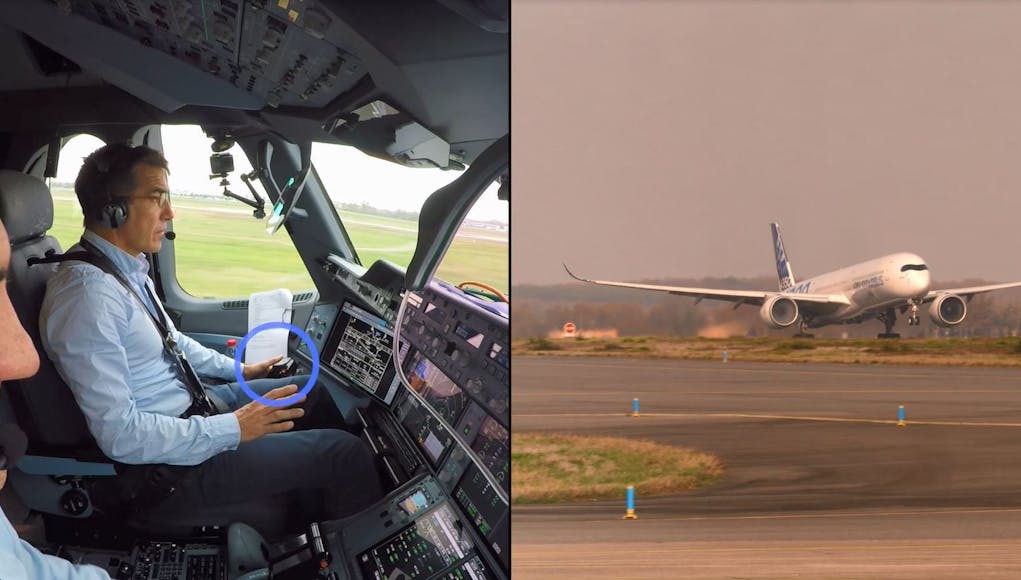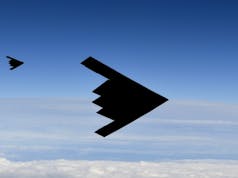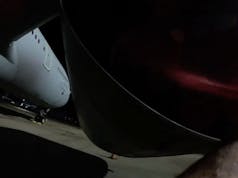Airbus has successfully performed the first fully automatic vision-based take-off using an Airbus Family test aircraft at Toulouse-Blagnac airport.
The firm say that the test crew comprising of two pilots, two flight test engineers and a test flight engineer took off initially at around 10h15 on the 18th of December and conducted a total of 8 take-offs over a period of four and a half hours.
“The aircraft performed as expected during these milestone tests. While completing alignment on the runway, waiting for clearance from air traffic control, we engaged the auto-pilot,” said Airbus Test Pilot Captain Yann Beaufils.
“We moved the throttle levers to the take-off setting and we monitored the aircraft. It started to move and accelerate automatically maintaining the runway centre line, at the exact rotation speed as entered in the system. The nose of the aircraft began to lift up automatically to take the expected take-off pitch value and a few seconds later we were airborne.”
Rather than relying on an Instrument Landing System (ILS), the existing ground equipment technology currently used by in-service passenger aircraft in airports around the world where the technology is present, this automatic take-off was enabled by image recognition technology installed directly on the aircraft.
Automatic take-off is an important milestone in the firms Autonomous Taxi, Take-Off & Landing (ATTOL) project. Launched in June 2018, ATTOL is one of the technological flight demonstrators being tested by Airbus in order to understand the impact of autonomy on aircraft.
It is understood that the next steps in the project will see automatic vision-based taxi and landing sequences taking place by mid-2020.













Sound similar to the system fitted to the Lockheed L-1011 Tristar had when that came into service.
Not that that did much for the sales of that aircraft.
However, with the 737 Max so much in the news, how much safer would this be and would it add sales to Airbuses portfolio?
I guess humans need to know there is a person up front not just a PC, even though we know its the PC that flies the aircraft.
The main concern for me with all this automation is that the people in the front stop being pilots and have to become IT support professionals. There have been too many crashes caused by the pilots becoming confused about the aircrafts intensions. The latest with the 737 max highlights the problem. Pilot commands an input and the computer says no and fights back.
During normal flight its fine for the computers to fly, during take-off and landing its fine for the computers to advise, but its such a fast changing and dynamic stage of the flight that computers will get it wrong if they are fully in charge.
Automation of the flight deck should be to provide pilots with better situational awareness, better decision making information, delivered faster and in a clear fashion. This is what has helped reduce air accidents and will continue to do so.